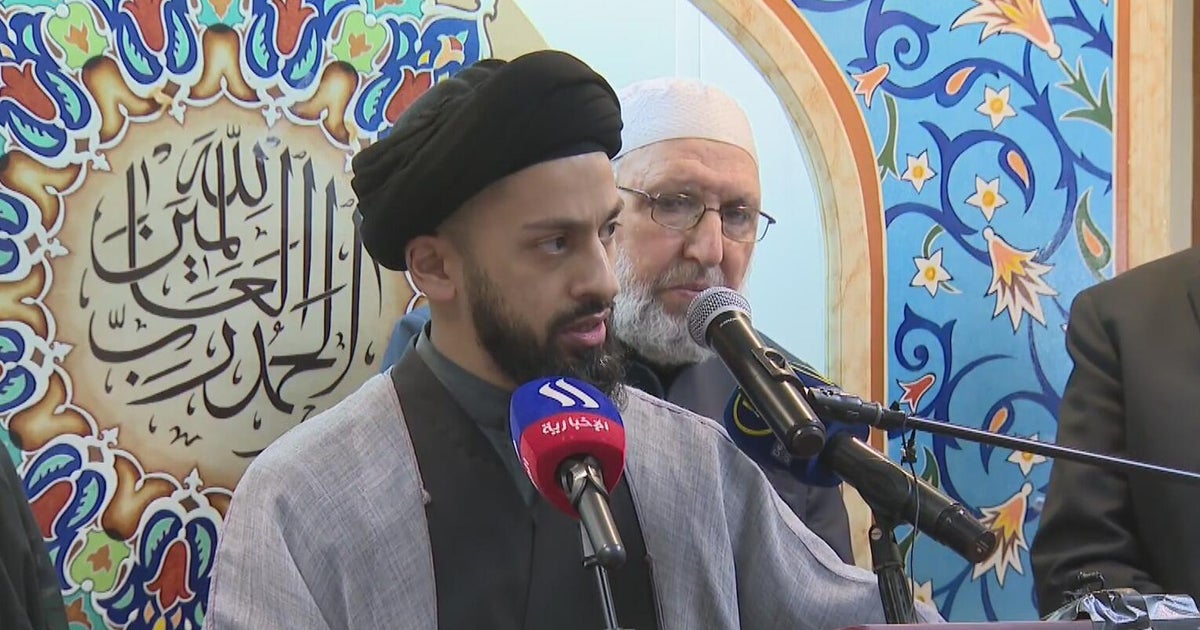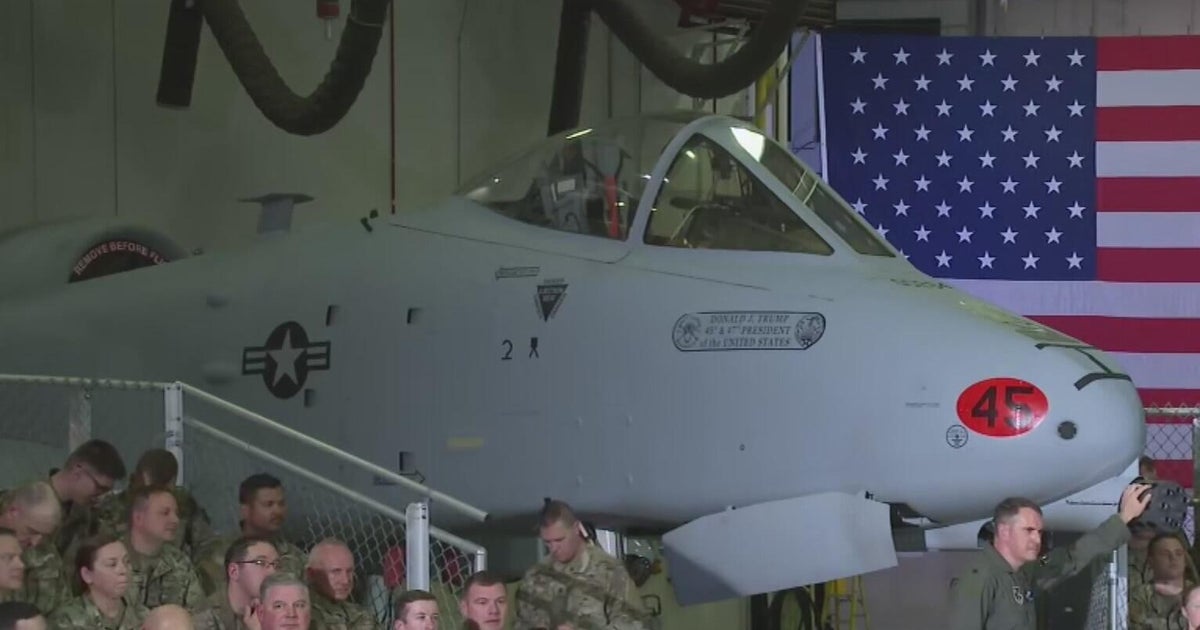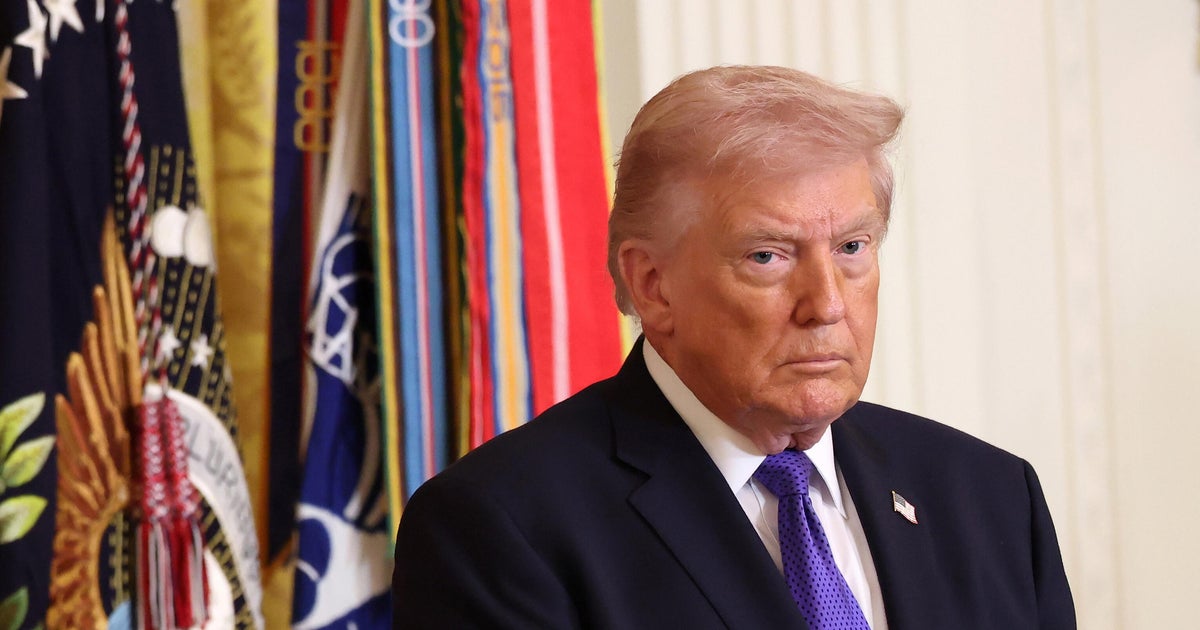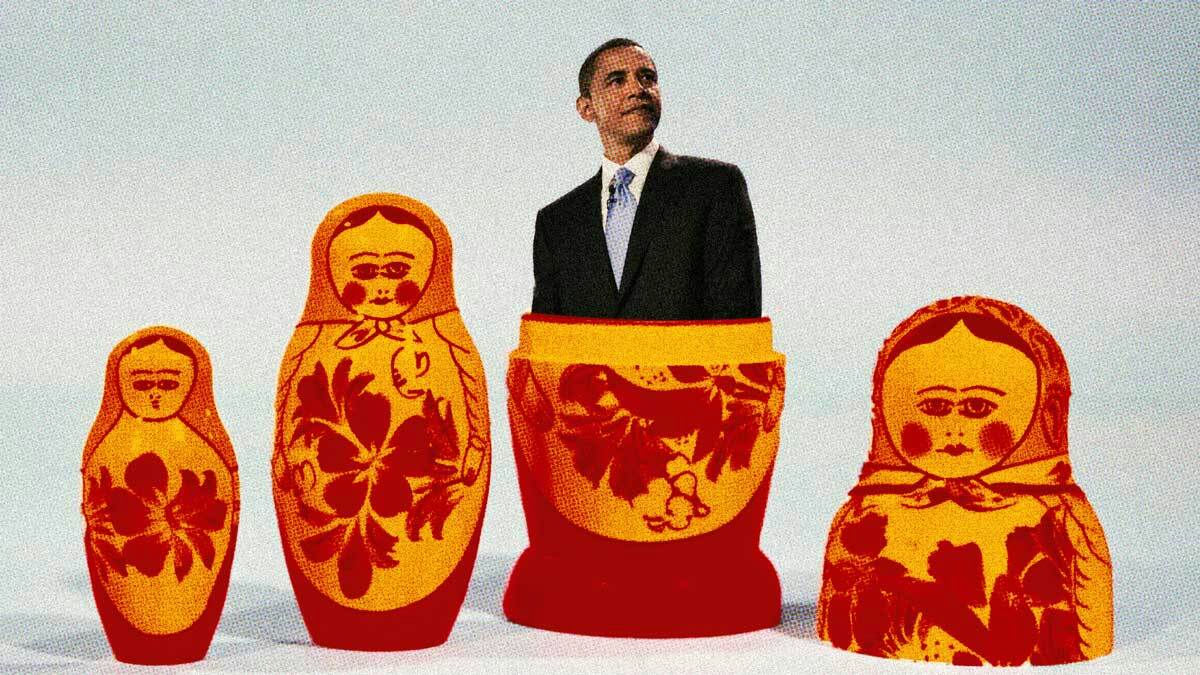Is President-elect Trump's critique of intel community misplaced?
President-elect Donald Trump has openly questioned and mocked the U.S. intelligence community’s assessment that Russia was behind cyberattacks during the 2016 campaign.
Before his Friday briefing on the hacking with leaders of the CIA, FBI, NSA and the Director of National Intelligence, Mr. Trump told the New York Times he thought the focus on Russia was “a political witch hunt.” Earlier this week, he tweeted: “The ‘Intelligence’ briefing on so-called ‘Russian hacking’ was delayed until Friday, perhaps more time needed to build a case. Very strange!”
But perhaps the criticism shouldn’t be about the assessment itself, New York Times national security correspondent David Sanger suggested.
“If there’s a critique of the intelligence community that comes out of this experience, I don’t think it’s that they rushed to any conclusions. It’s that they moved too slowly,” Sanger said Friday on “CBS This Morning.” “We know that the first evidence that they have gone to the [Democratic National Committee] came in the fall of 2015 and yet no one acted on this until April or thereabouts, while the DNC ignored some warnings, and the president said that he didn’t hear about anything until early summer.”
On Thursday, Director of National Intelligence James Clapper told the Senate Armed Services Committee that while the U.S. intelligence community is “not perfect,” it doesn’t get the credit it deserves for what it does each day. Clapper also said there is now no doubt Russians were behind the cyberattack.
“Hacking was only part of it,” Clapper said. “It also entailed classical propaganda, disinformation and fake news.”
But what could be behind Mr. Trump’s reluctance to accept what intelligence officials are saying?
“It may be simply this issue that he believes this is an effort to question the legitimacy of his election. And that’s certainly what you hear from the people around him,” Sanger said. “And I think the question is, can they separate him today from that conclusion and the facts?”
Sanger pointed out that even if the Russians tried to meddle in the U.S. elections, that doesn’t necessarily mean it impacted the results.
“[The Trump transition team] could easily be in a position, I think, and maybe after today’s briefing but maybe not, of saying, ‘OK, they think the Russians were part of the groups that came in but that it still didn’t affect the outcome.’ I think so far they’ve sort of conflated those two.”
“I think if the Russians had stayed out, you could have exactly the same result,” he added, in light of the fact that Democratic candidate Hillary Clinton spent less money in states like Michigan and Wisconsin, which she lost by a thin margin. “But that doesn’t necessarily mean the Russians didn’t try.”
However, Sanger said all three of the intelligence officials who testified before Congress “had a pretty solid wall of saying the evidence is fairly clear.”
“I think you’ll see the forensic evidence of where this came from. You’ll probably hear about intercepts. ... We will probably hear about implants, which are what the NSA puts inside the networks of foreign countries so they can see the data. And if that data has shown up in Russia, that would tell you that the Russians had to get it somehow,” Sanger said.



